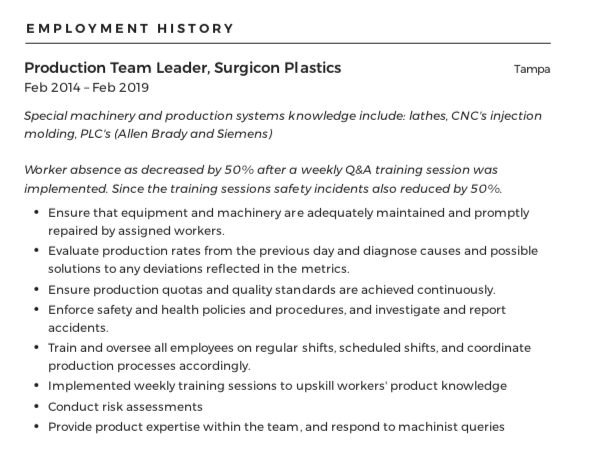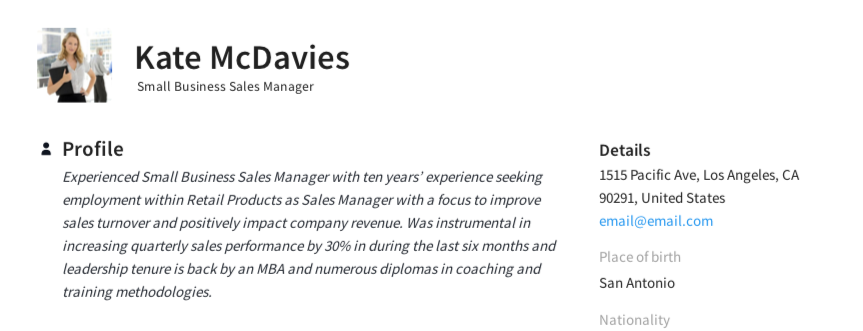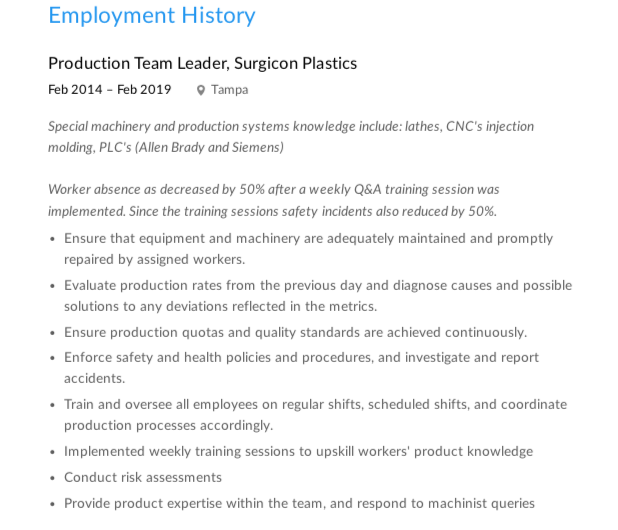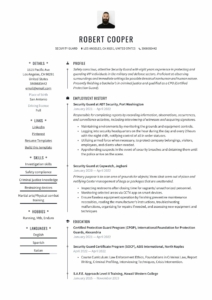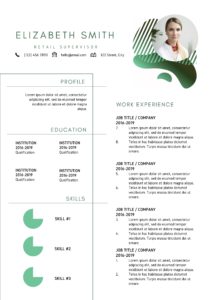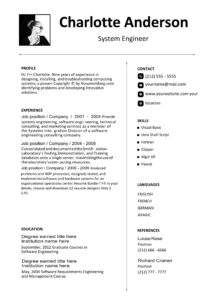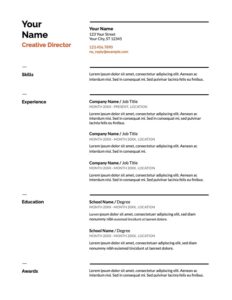Accomplishments. Accolades. Achievements. Firstly, how do you decide on which memorable feats to include in your resume? Secondly, how do you present them without sounding too braggish which most probably turns into a balancing act between overstating or omitting certain sections from your resume.
There is nothing wrong with blowing your own trumpet a bit to amplify the value you could bring to an organization, but the 3-way trick to nailing it lies in WHICH accomplishments to list, WHERE to include them in the resume and then HOW to present these accolades.
Accomplishments in a resume can be viewed like the impact players of a football game. These team members do not go out and play for the entire match. They are strategically brought on during certain quarters to direct the progression of play in accordance to a predetermined game strategy.
Your accomplishments serve that same purpose: impact verbiage to emphasize your value and report to the person viewing your resume. Too much and the perceived value gets lost, too little and their impact will fall by the wayside (together with your resume for that matter).
WHICH Accomplishments?
Holding the title of Chess Champion for three years in a row at the middle school is only an achievement when you are…well…..still in middle school applying for a summer job. Not so relevant when middle school was somewhere at the turn of the century. Being selected as Valedictorian, however, is an achievement worth mentioning whether you have zero years or 10 years of working experience.
The key is context. Ask yourself the two ‘’most’’ questions to identify the accomplishments that should be included in your resume.
Question 1:
What have you done at school, university, during your career that you are most proud of from an academic, sports, cultural and working experience perspective?
Question 2:
Which accomplishments, projects or tasks have received the most recognition from your peers, managers, fellow students or teachers?
To flesh out your achievements even more, further categorize them by answering the following sub-questions with a Yes or a No. If Yes provide a one sentence explanation to back up your statement:
1. Have I streamlined any processes?
If Yes, What was the result of the improvements you made, How did this impact the company or the team?
2. Did I manage to save the company money?
If yes, How much and in what time frame?
3. Have I been instrumental in saving the organization time?
If yes, What was the amount of time saved and why was the saving beneficial?
4. Did I receive any special awards or endorsements?
If Yes, What was the reward for? How many other contenders were there, Why was the award significant?
5. Have I come up with new ideas or innovation which the organization decided to implement?
If yes, what were they, How did they add value?
6. Have I decreased the company’s risk in any way?
If yes, what were the risks and how did you manage to diminish them?
7. Did I contribute to making more money for the company without increasing resource expenses?
If yes, what was the dollar amount or percentage increase in revenue?
If still in doubt whether to include or exclude certain items, consider each one against the Lasting Impact Scale, from 1 being a long-term impact to 5 being a short-term impact. Everything above 4 should be included in your achievement repertoire.
WHERE to list accomplishments
There are a few ways to include accomplishments in your resume design.
Some career advisors suggest adding a triple-A (achievements, accomplishments, accolades) section on the first page of your resume.
Others advocate for more of a spread where you include them in each section of your resume for instance: accomplishments during schooling and tertiary education and achievements per every job that you have held.
HOW to list accomplishments
It becomes quite easy to jot down achievements if you follow a systematic process
Step 1: Structuring
Every achievement or accomplishment should have three components:
-
- Using a specific skill or competency
- Conducting a particular activity or task
- Rendering a measurable result or quantifiable outcome/benefit
Step 2: Justifying
Once you have jotted down your achievements (or what you think your achievements are) use the What? / So, What? Formula:
• This entails asking yourself two questions regarding each accomplishment that you want to add: “What did I do?” and “So, what?” (why did it matter).
• For instance: compiling financial statements for tax year end sounds pretty dull. However, compiling financial statements for the tax year and achieving a clean audit rating 4 years in a row, transforms an ordinary duty into an extraordinary accomplishment.
• In this manner, your resume becomes achievement focussed instead of duty bound. For additional examples of duties turned into achievements, take a look at this list from Jobscan.
Step 3: Customizing
Each to its own. You may find that you end up having more than one version of your resume depending on the type of roles you are applying for:
• You can also use the job description of the vacancy advertisement to align your achievements and accomplishments and amplify your value adding factor for a specific role. Note all the skills and competencies that the job requires by analyzing the purpose of the role, main duties, and requirements sections.
• The next step is to write up everything and anything that you deem to be an achievement or accomplishment from the list you made during Step 2.
• Finally, you compare the two by playing mix and match. Take the first item of the job description page and look for something on your achievement page that relates to that specific task, do the same with Item 2, Item 3, etc.
• When you get to the end, you may have 10 or even 20 matching links. Choose the top 7 and include them in your achievement section on the first page of your resume or add them to your employment history sections accordingly.
“Features tell, but benefits sell”
This is quite an archaic sales motto, but may very well be applied to your “resume product” too.
Accomplishment statements, require back up explanations, sort of a ‘’proof of work’’ to showcase your value to a recruiter or hiring manager as to make a positive impact on their decision to interview you.
